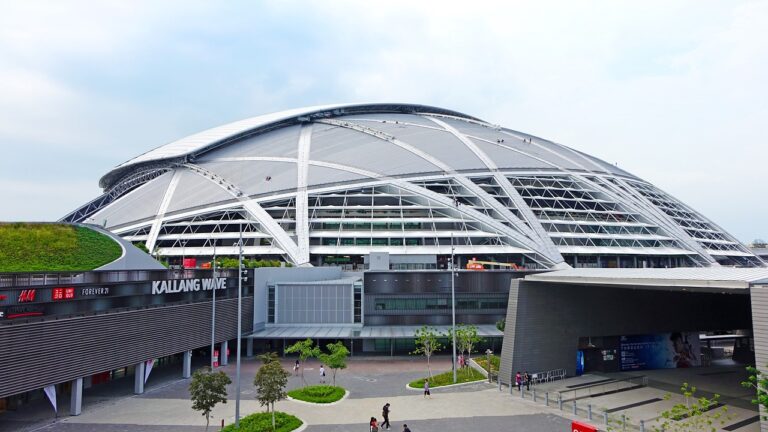Understanding the Impact of Socioeconomic Status on Access to Higher Education
Students coming from affluent backgrounds often have greater access to resources that can facilitate their journey towards higher education. These resources may include private tutors, expensive test preparation courses, and extracurricular activities that can strengthen their college applications. Additionally, students from wealthier families may have the financial stability to afford college tuition and related expenses without taking on significant amounts of debt.
On the other hand, students from low-income backgrounds face numerous obstacles in pursuing higher education. Limited access to educational resources, such as high-quality schools and college counselors, can hinder their ability to navigate the complex college admissions process. Financial constraints often force low-income students to prioritize working to support themselves or their families, leaving little time for academic advancement or extracurricular involvement that can enhance their college applications.
– Students from affluent backgrounds have access to resources such as private tutors and test preparation courses
– Wealthier families can afford college tuition without taking on significant debt
– Low-income students face obstacles like limited access to educational resources
– Financial constraints often force low-income students to prioritize working over academic advancement
Factors Affecting Access to Higher Education Based on Socioeconomic Status
Access to higher education is heavily influenced by an individual’s socioeconomic background. Students from lower-income families often face significant challenges when pursuing higher education. Financial constraints can limit their ability to afford tuition fees, textbooks, and other educational expenses. Additionally, the cost of standardized tests, such as SATs and ACTs, can be a significant barrier for low-income students looking to apply to colleges and universities.
Moreover, students from disadvantaged backgrounds may lack access to resources and support systems that are crucial for navigating the college application process. Limited access to college counselors, lack of information about financial aid opportunities, and unfamiliarity with the requirements for college admission can all hinder their ability to pursue higher education. These factors contribute to widening disparities in college enrollment rates based on socioeconomic status, perpetuating inequalities in access to higher education.
Challenges Faced by Low-Income Students in Pursuing Higher Education
Low-income students often encounter significant hurdles when striving to pursue higher education. Financial constraints frequently serve as a major obstacle, as these students may struggle to afford tuition fees, textbooks, and other educational expenses. Without adequate financial support, many low-income students find it challenging to access the same opportunities for academic advancement as their peers from more affluent backgrounds. This financial burden can lead to increased stress and anxiety, impacting the student’s ability to focus on their studies and succeed academically.
Additionally, low-income students may face unique social and cultural challenges that further complicate their pursuit of higher education. Limited access to resources such as college preparatory programs and individualized academic support can hinder their ability to navigate the complex college application process. Moreover, the lack of role models or mentors who have successfully pursued higher education can leave low-income students feeling isolated and unsure of how to overcome the barriers they face. These societal factors can contribute to a sense of imposter syndrome and self-doubt, making it difficult for low-income students to envision themselves thriving in a college environment.
How does economic background influence college opportunities for low-income students?
Low-income students often face financial barriers that can limit their access to higher education, such as inability to afford tuition, textbooks, and other expenses. They may also have less access to resources like test prep courses and college counseling services.
What factors affect access to higher education based on socioeconomic status?
Factors such as family income, parents’ education level, and the quality of the student’s high school can all impact a low-income student’s ability to pursue higher education. Limited access to academic support and extracurricular opportunities can also play a role.
What are some common challenges faced by low-income students in pursuing higher education?
Low-income students may struggle with balancing work and school to support themselves financially. They may also face challenges related to transportation, housing, and childcare. Additionally, the lack of a support system or mentorship can make navigating the college application and enrollment process difficult.







